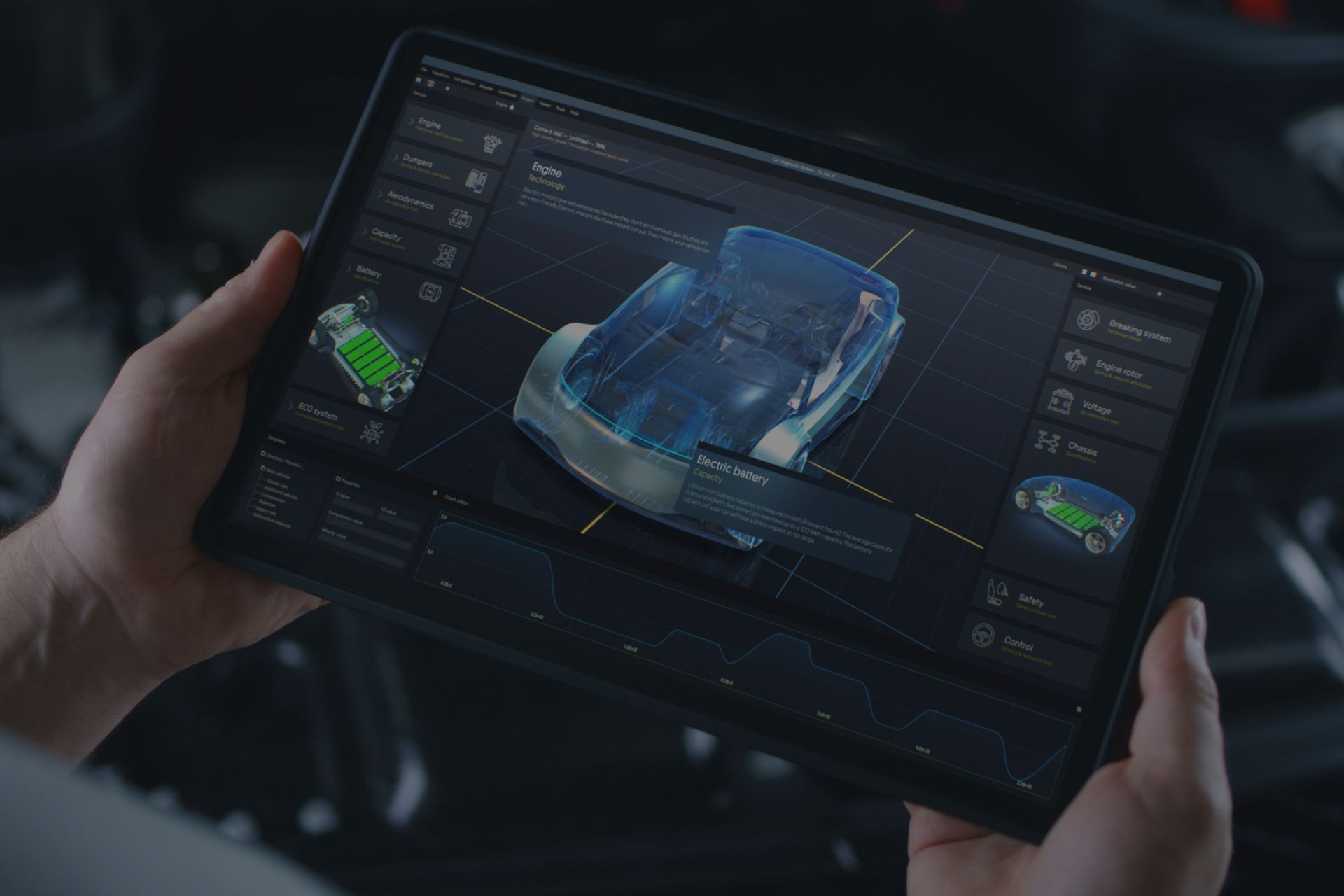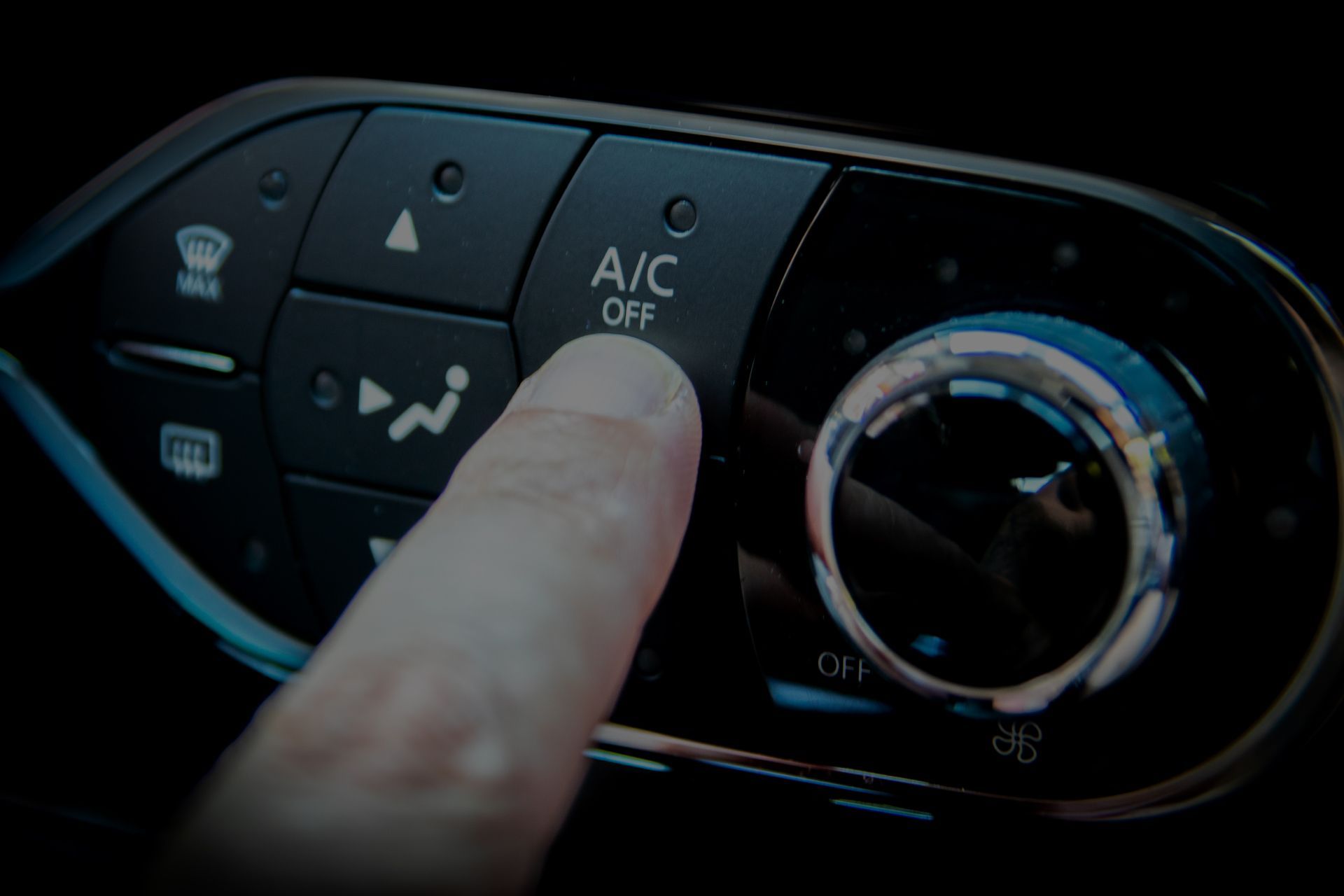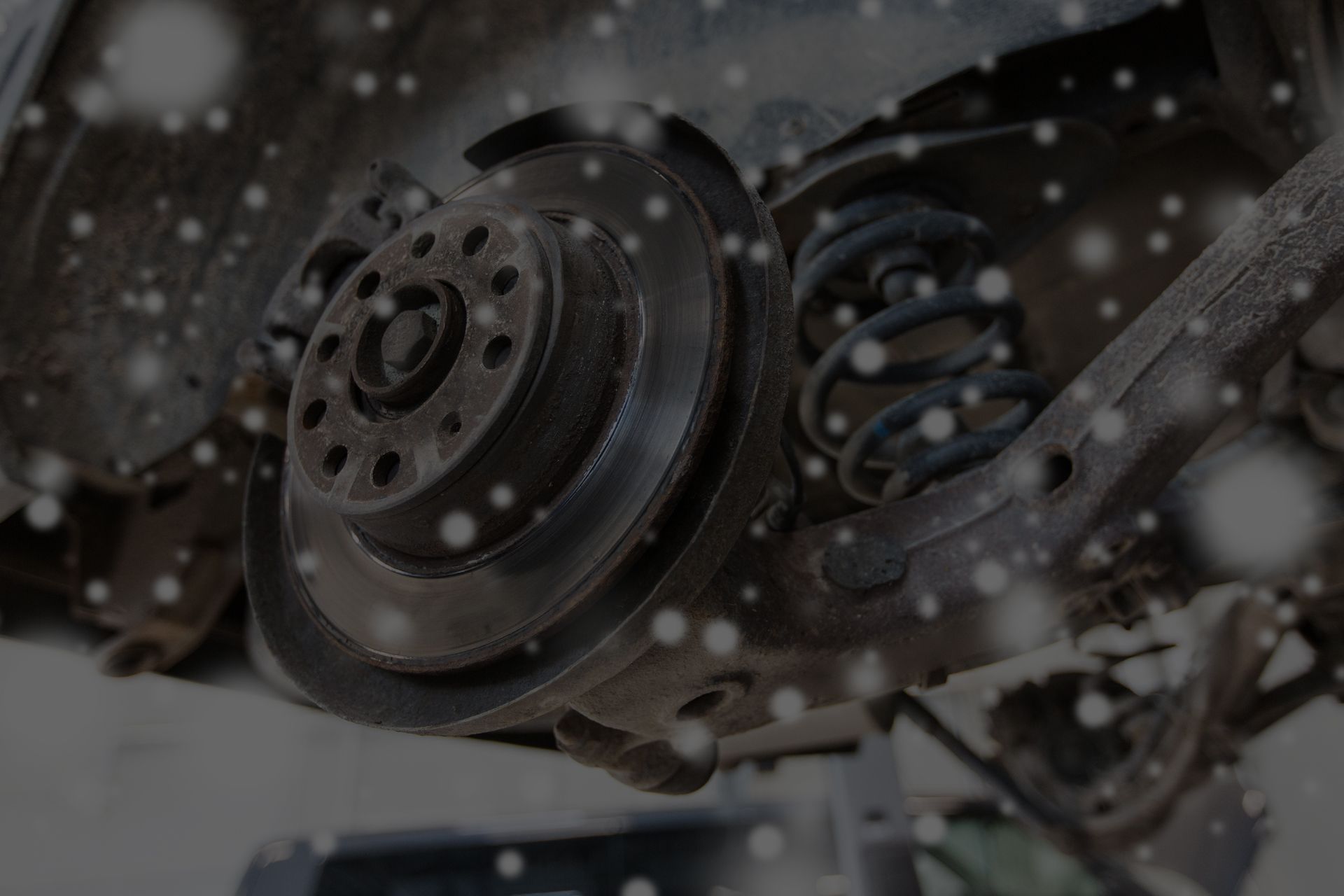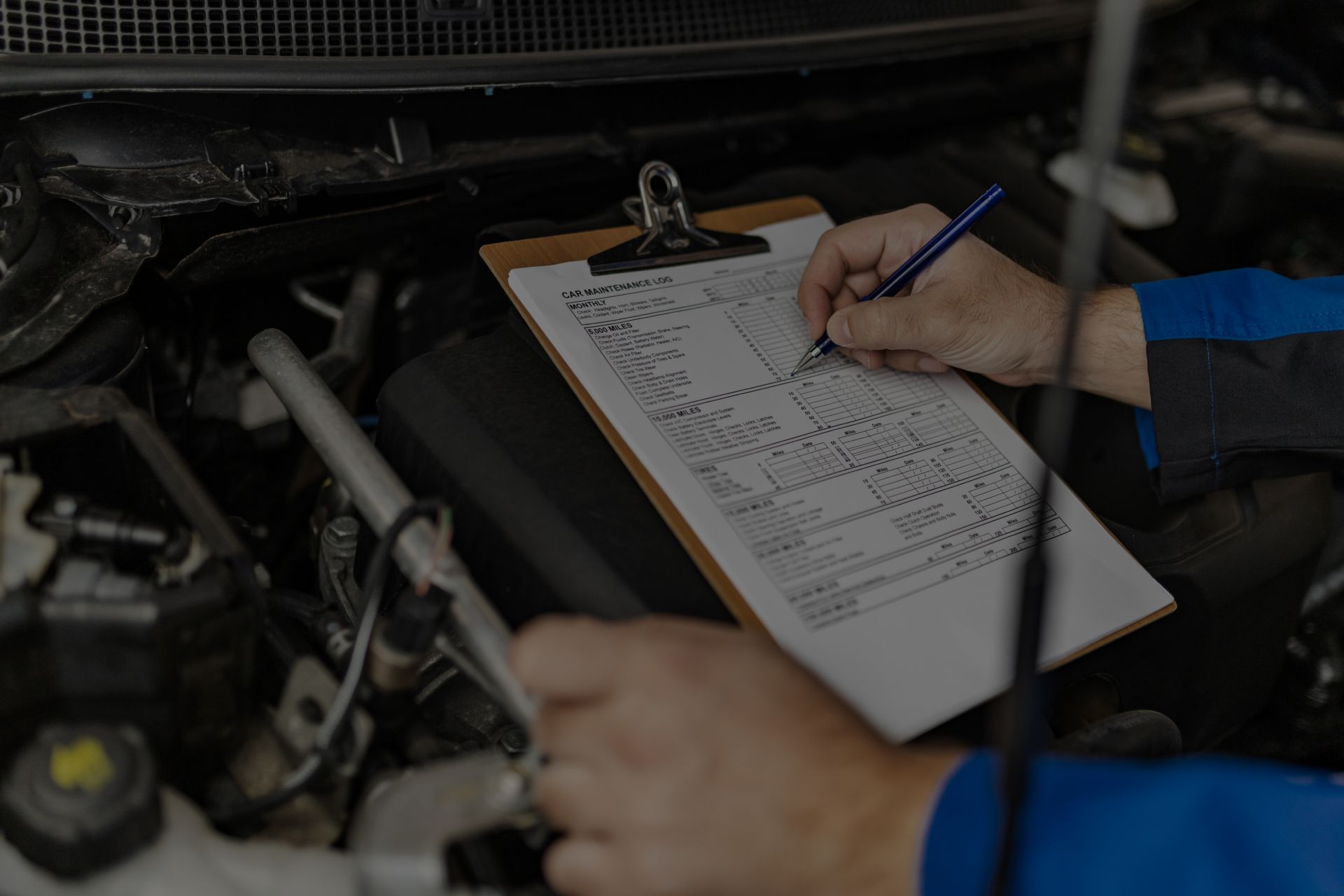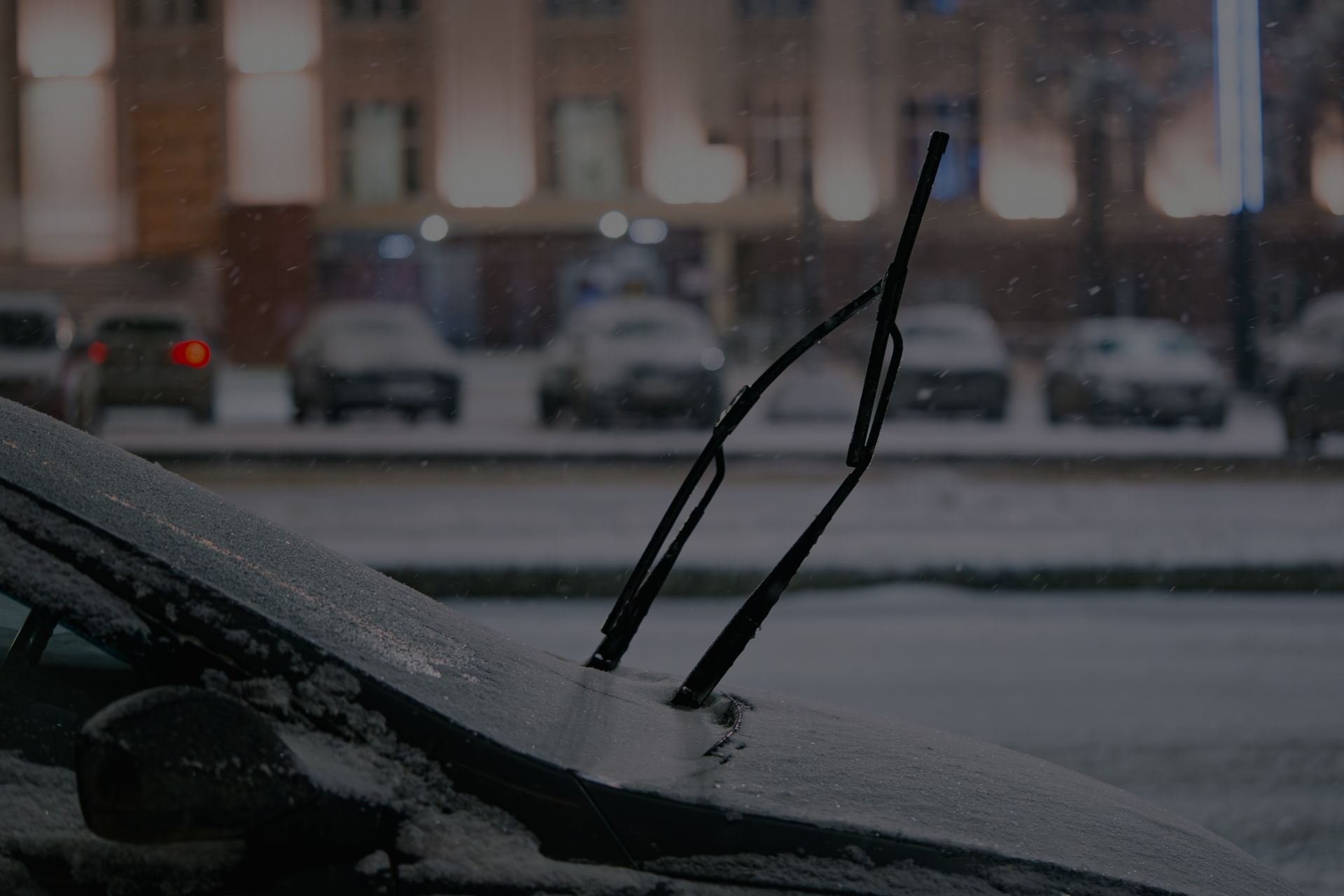Your vehicle's braking system is arguably its most critical safety feature, especially for Denver drivers who regularly navigate steep mountain descents, sudden weather changes, and unpredictable traffic conditions. Recognizing the warning signs of failing brakes could mean the difference between a routine repair and a dangerous situation on I-25 or winding mountain roads. Here are the top five signs that your brakes need immediate professional attention.
1. Unusual Noises When Braking
Squealing or Squeaking
A high-pitched squeal when applying your brakes is often the first and most common warning sign. Modern brake pads are designed with wear indicators—small metal tabs that create this noise when the pad material has worn down to a certain point. This built-in early warning system is telling you it's time for replacement.
Grinding or Growling
If squealing progresses to a harsh grinding noise, you've moved beyond the early warning stage. This indicates that your brake pads have worn completely through, and metal is now grinding against metal. This situation is particularly dangerous on Denver's steep streets like 6th Avenue or descending from Lookout Mountain and requires immediate attention to prevent costly damage to rotors and other components.
Denver Driver Tip: Our city's high-altitude driving conditions can accelerate brake wear, especially if you frequently travel to the mountains. The constant use of brakes while descending from places like Evergreen or Idaho Springs puts additional strain on your braking system.
2. Vibration or Pulsation When Braking
When your brake pedal vibrates or pulsates under your foot during braking, it typically indicates warped brake rotors. This warping often occurs due to excessive heat buildup, which is common in Colorado when drivers "ride their brakes" during long downhill stretches.
The sensation might feel similar to when your anti-lock braking system (ABS) activates on slippery roads, but if it happens during normal braking on dry pavement, it's a clear indicator that your rotors need professional inspection.
Denver Driver Tip: To prevent rotor warping when descending mountain passes, use a lower gear and engine braking technique to reduce brake temperature—a particularly important skill for navigating routes like I-70 from the Eisenhower Tunnel to Denver.
3. Soft or Spongy Brake Pedal
If your brake pedal feels soft, spongy, or sinks closer to the floor than usual, this could indicate:
- Air in the brake lines
- A brake fluid leak
- Master cylinder issues
- Deteriorating brake hoses
This symptom is particularly concerning because it often means your braking distance is compromised—a serious safety issue when navigating Denver's often congested highways or when winter weather hits unexpectedly.
Denver Driver Tip: Denver's extreme temperature fluctuations can accelerate the deterioration of brake fluid and rubber components. Regular brake fluid flushes are especially important in our climate where temperatures can swing dramatically within a single day.
4. Burning Smell While Driving
A sharp, chemical odor similar to burning carpet after repeated braking is a sign of overheated brakes. This commonly occurs after:
- Driving down significant mountain grades
- Riding the brakes in stop-and-go traffic
- Driving with the parking brake partially engaged
If you detect this smell, safely pull over as soon as possible and allow your brakes to cool down. Continuing to drive with overheated brakes can lead to "brake fade"—a temporary loss of braking power that can be extremely dangerous on Denver's varied terrain.
Denver Driver Tip: When returning from mountain towns like Breckenridge or Vail, plan for rest stops to allow your brakes to cool if you notice any burning smells or reduced braking performance.
5. Dashboard Warning Lights
Modern vehicles are equipped with sophisticated sensors that can detect various brake system issues:
- Brake Warning Light: When illuminated, this typically indicates low brake fluid, which could result from a leak or worn brake pads
- ABS Warning Light: This suggests a problem with your anti-lock braking system
- Electronic Stability Control Light: Often interconnected with the brake system and could indicate a brake-related issue
Never ignore these warning lights, especially when driving in Denver's unpredictable winter conditions where optimal braking performance is essential.
Denver Driver Tip: After driving through Denver's winter slush and salt, sensors can occasionally trigger false warnings. However, it's always safer to have these warnings professionally diagnosed rather than assuming they're erroneous.
Why Brake Issues Need Immediate Attention in Denver
Colorado's unique driving conditions make properly functioning brakes even more critical:
- Our significant elevation changes put extra strain on braking systems
- Winter driving conditions reduce traction, making strong brakes essential
- Mountain driving requires reliable brakes for long descents
- Sudden weather changes demand predictable stopping power
When to Seek Professional Brake Service
While some vehicle maintenance can wait, brake issues should never be postponed. Seek immediate professional attention if you notice:
- Any of the five warning signs above
- Increased stopping distance
- The vehicle pulling to one side during braking
- Any unusual brake pedal behavior
- Brake warnings on your dashboard
Expert Brake Service in Denver
At Importsports Auto Repair Pros & Performance, our ASE Certified technicians specialize in brake systems for all vehicle types, including European models like BMW, Mercedes-Benz, and Audi, which often have more complex braking systems.
Our brake service includes:
- Comprehensive brake system inspection
- Premium quality replacement parts
- Proper brake fluid service using the correct fluid for your specific vehicle
- Attention to all components including calipers, rotors, pads, and hydraulic systems
- Testing to ensure optimal performance before you leave our shop
Don't compromise your safety on Denver's challenging roads. If you're experiencing any of these brake warning signs, contact us today at (303) 752-2422
or visit our shop at 7667 E Iliff Ave Ste I in Denver. Our team will ensure your vehicle stops safely in all conditions—whether you're commuting downtown, heading to DIA, or planning a mountain adventure.
Remember, when it comes to brakes, proactive maintenance isn't just about avoiding expensive repairs—it's about protecting yourself and your passengers on Colorado's demanding roadways. Schedule your brake inspection today and drive with confidence!
